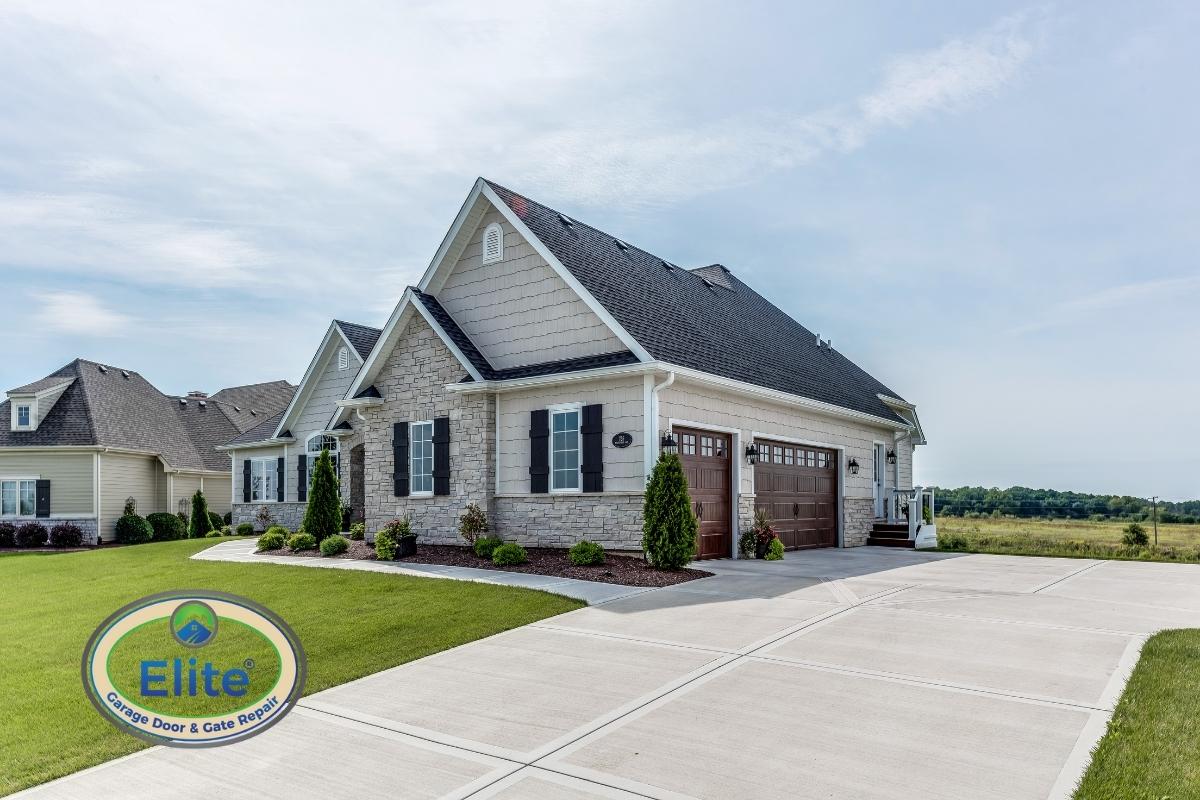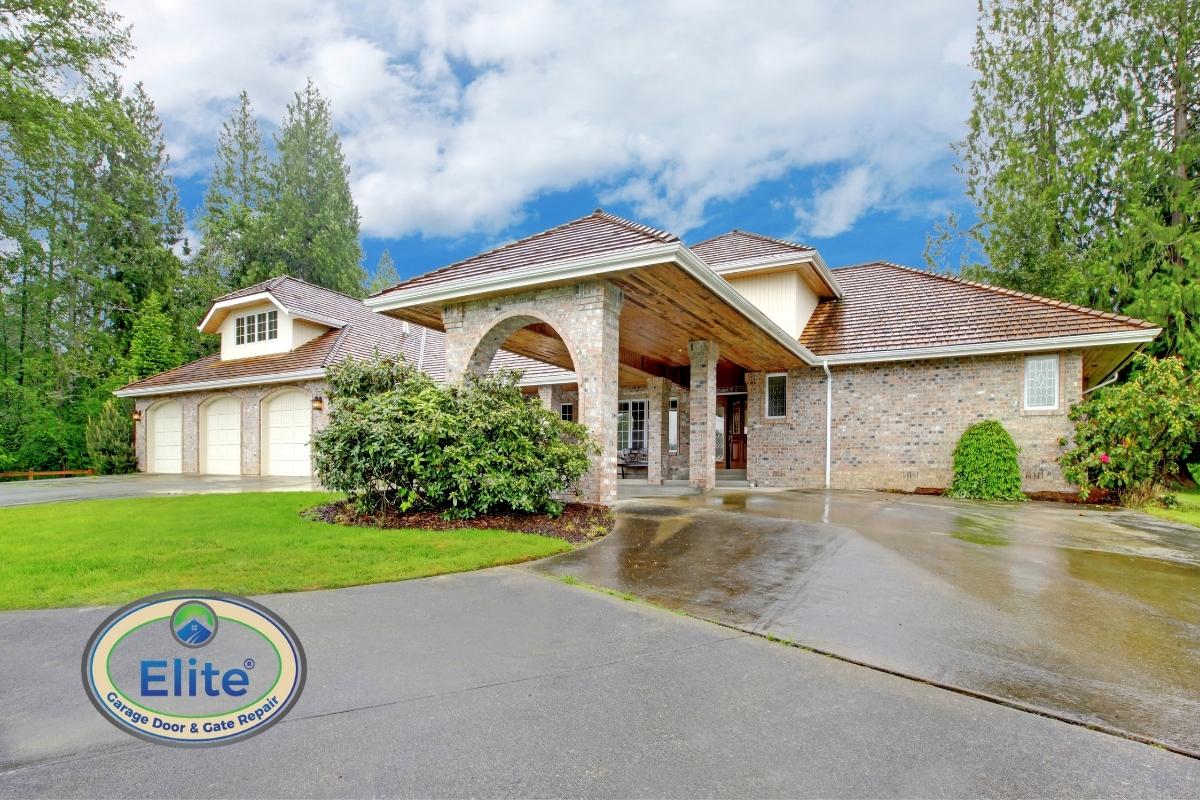If you have been in the market for a new garage door recently, then you already have heard the term R-value being thrown around. However, you will not be able to comprehend what it means unless you have done a few home renovations.
So, the question we often get asked is, what is a good R-value for a garage door? Generally, the overall R-value is between R-0 and R-6. That said, not actively heated or cooled garages will need to have a value of between R-6 and R-9. Garages that are actively cooled can do with a garage door that has a value of R-13 or maybe higher.
Table of Contents
Why Is the R-Value or Insulation Important?
A garage door fills that giant hole in the side of your house. Usually, garage doors are manufactured with thin materials that allow heat transfer to and from the inside of the garage. The most common garage door materials are steel and fiberglass.
People may choose fiberglass because it is light and more efficient than steel but not as durable. That’s why most garage doors are still made from steel.
While steel does a good job of conducting heat, it can make your garage unbearably hot during the summer and very cold during the winter. It will then lead to the air inside the garage door to change too. Since garage doors don’t make efficient insulators, they have to be insulated.

Why Is the R-Value or Insulation Important?
Understanding R-Values
Let’s start by understanding what R-values are and how they work. All insulation is rated on a scale called the R-value scale.
The lower you go down the scale; the more conductive the material is going to be. When you have a high R-value material, it means it isn’t a good conductor of heat, thus making it a good insulator. High R values are around R-40, according to the US Department of Energy. At present, there aren’t any Energy Star-rated garage doors.
The Best R-Values For A Garage Door
We can tell you from experience that not everyone needs to buy a garage door with a very high R-value. That’s why a good R-value for a garage door will mainly depend on the type of garage and how much time you are going to spend on it.
Here are a few common and recommended values:
- Non-insulated all the way up to R-6 – These are best for detached garages where people may not spend a lot of time working or playing in. Also, a good choice if the walls aren’t insulated.
- R-6 to R-9 – These are the best types of garages that aren’t actively cooled or heated.
- R-9 to R-13 – This is the best range for Actively Cooled and Heated Garages.
- R-13 and beyond – These are the best choice for homes trying to create a Net Zero space.
Conclusion
Insulation can make your home more comfortable, and an insulated garage door can complement that fact. However, make sure to follow the guidelines above to buy the right one.





























Leave A Comment